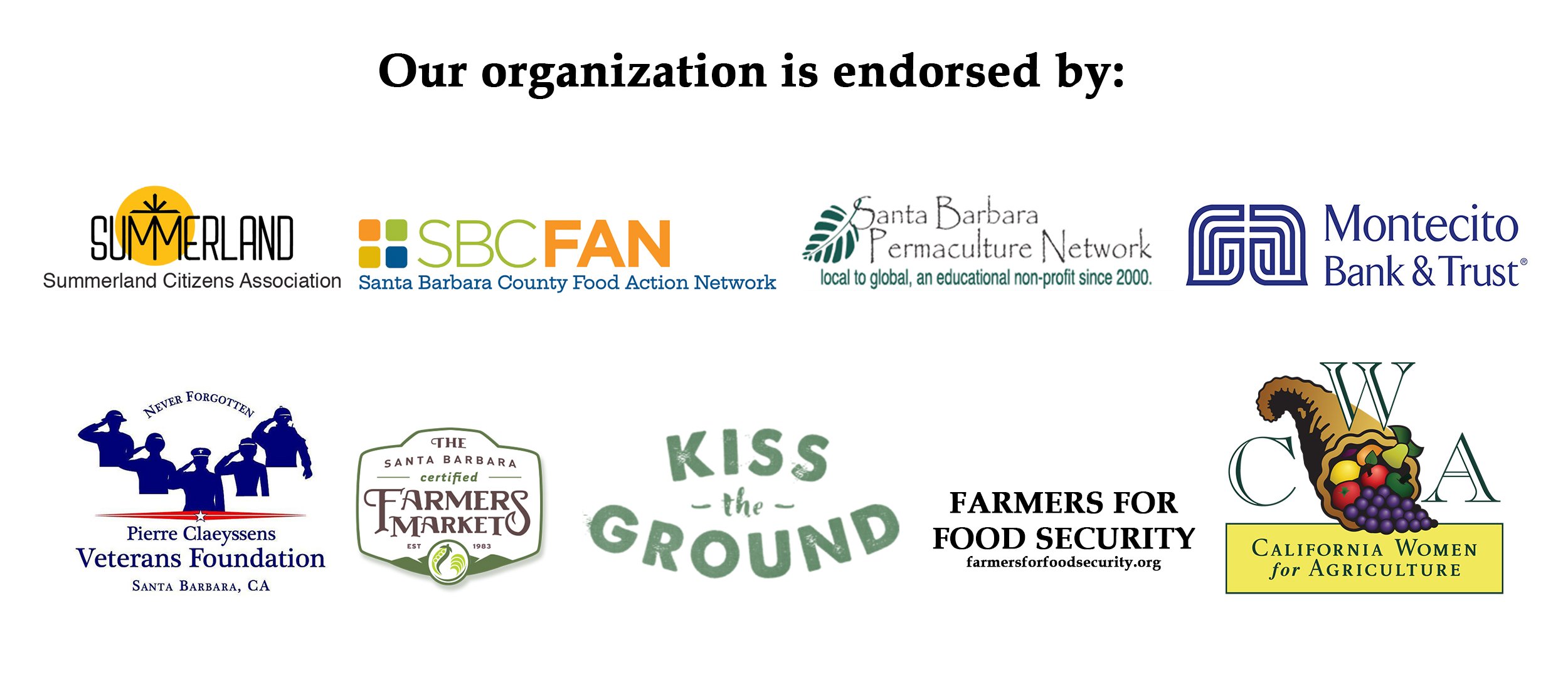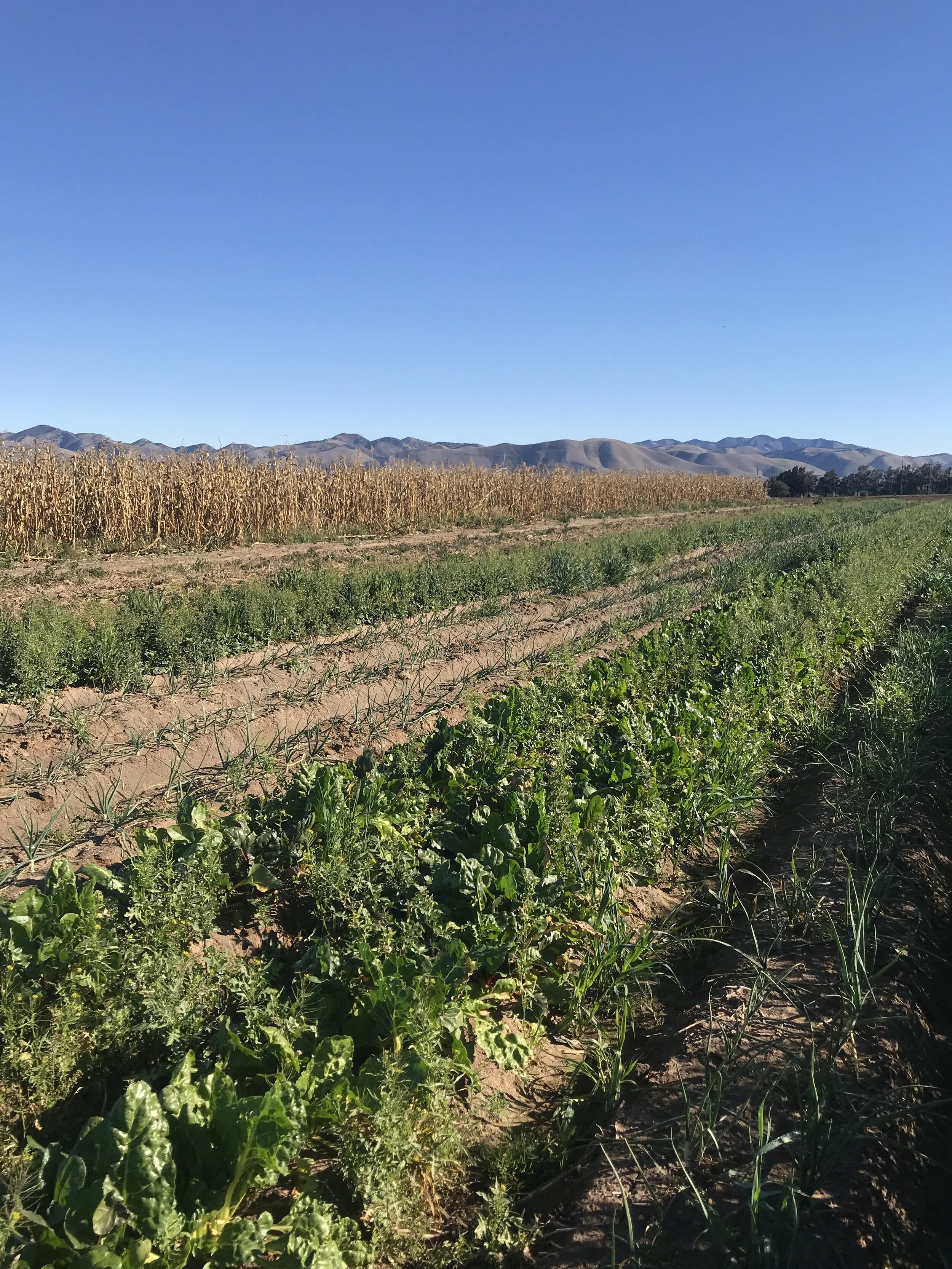The Problem With The Current Food System
Over the past few decades, humans have become more and more distant from their food. Gone are the times when we had to grow our food to survive. Most of us buy what we need from a grocery store without any thought of where these items are coming from or of the processes required to get these items to our supermarket shelves. This distance between humans and the source of their food has brought about many consequences— some positive, such as improved technology that is able to feed large populations. However, majority of these consequences are negative, including declined human health, increased use of GMO’s and pesticides, unequal distribution of food, climate change, and a disappearance of agricultural knowledge.
A lack of agricultural knowledge limits availability of healthy, affordable food options, leaving some populations vulnerable to hunger or forced into unhealthy eating habits, as this may be all that is available to them. These areas are considered to be “food deserts,” which are prevalent across the globe, including parts of Santa Barbara County. Learning how to grow one’s own food can provide these vulnerable communities with healthy food options and can help in the case of an emergency.
In order to even begin fixing these urgent, global issues we must be aware of the impacts our food choices have on people, the land, and the environment.
Our farm in Orcutt, CA. Various crops are grown next to each other to increase productivity and to keep soil nutrient levels high.
Pesticide usage on a monoculture farm. Pesticides are needed to maintain a monoculture because of the soil’s lack of nutrients and diversity. Monoculture, and intensive agriculture in general, is not sustainable. Produce found on supermarket shelves are often monoculture crops.
Our Solution
Our current global food system needs to change. We need to be reconnected with the mother source of our food, which is what the SBAFE Foundation is here to do. Our goal is to resurface this disappearing knowledge of agriculture in order to feed communities. We educate and promote awareness of how food is grown and distributed in Santa Barbara County and beyond, in hopes of helping others grow and consume more consciously.
We teach organic farming techniques and provide expert agricultural knowledge that can aid in sustainably and ethically feeding fragile populations and transforming food deserts into flourishing food forests.
Additionally, the SBAFE Foundation donates to those in need and supports other charitable organizations with natural and organic farmed products.
See our Community Farming Solutions to learn how to start making a difference in your community today.

